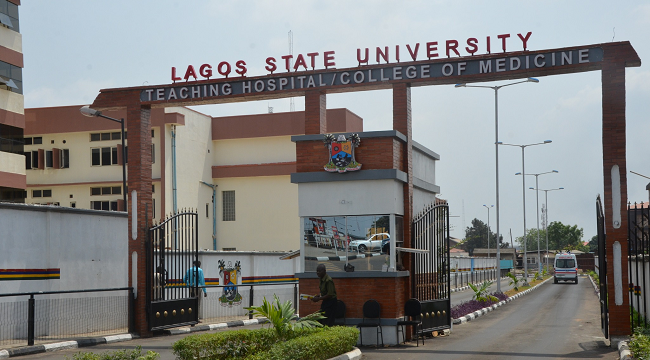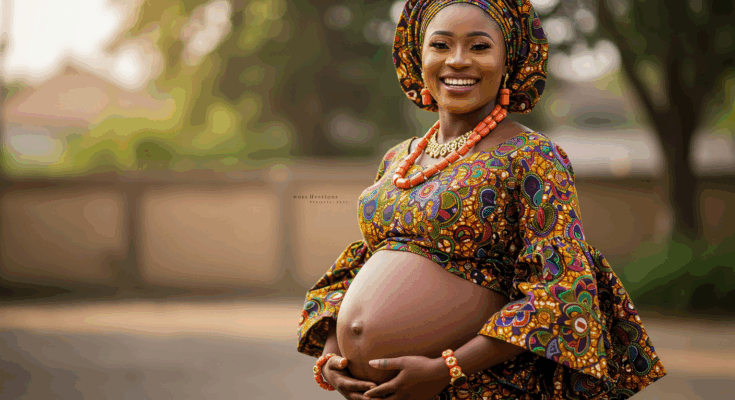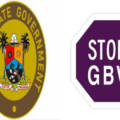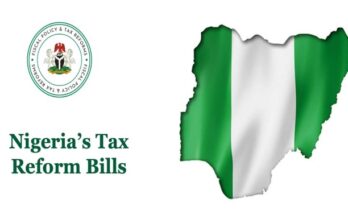By Chiagoziem Abosi
In Magumeri, Borno State, Falmata sits in a makeshift clinic, holding her baby close while a midwife whispers loving reassurance. Here, giving birth asks for more than faith — it demands luck.
Her story mirrors thousands across Nigeria, where the World Health Organization estimates that the country accounts for nearly 20% of global maternal deaths. Nigeria remains one of the deadliest places in the world for pregnant women.
But this is not only a rural problem. In Lagos — Nigeria’s commercial capital — expectant mothers in Ikeja echo the same fears.
At the Lagos State University Teaching Hospital (LASUTH), Mrs. Titi (not her real name), a 32-year-old mother-to-be, described her anxiety whenever she visits for antenatal care:

“It’s not easy at all. You pay for almost everything yourself — drugs, tests, even small items. Sometimes I just pray that nothing goes wrong during delivery because many women cannot afford emergencies.”
Midwives in Ikeja confirm these realities. A senior midwife at a private maternity center in Ogba told IkejaBird:
“We still lose women to preventable complications. Some delay coming to the hospital because of cost. By the time they arrive, it’s often too late.”
For Chika, a 28-year-old in her third trimester living in Ikeja GRA, the maternal mortality figures feel personal.
“Every time I hear of women dying during childbirth, I get scared. Even here in Lagos, where you’d think we have good hospitals, you still hear stories. It makes you wonder if the system is truly working.”
Government programs such as the Mother and Child Centers and subsidized maternal healthcare exist, but gaps remain. Rising inflation and the cost of living mean healthcare is often postponed until it’s too late.
Whether in Borno’s makeshift clinics or Lagos’s urban hospitals, the story is painfully similar: behind every statistic is a real woman, a family, and a community living with the consequences of a broken health system.
Unless urgent reforms address equipment shortages, emergency funding, and equitable healthcare access, Nigeria will continue to bear the painful title of one of the most dangerous places on earth to give birth.








